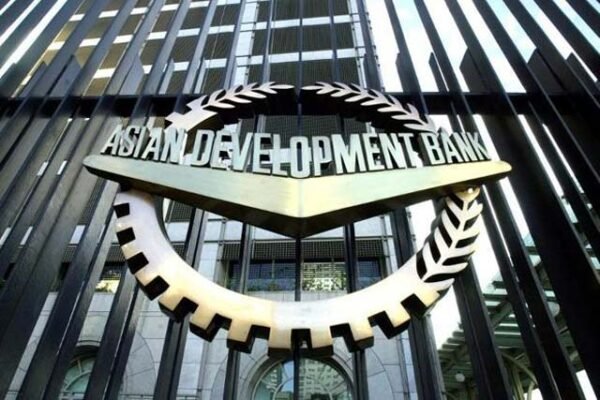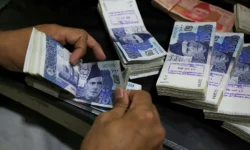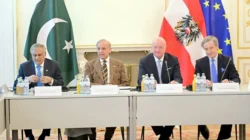Pakistan seeks Asian Development Bank’s support for reforms

Publishing date: 28 August 2025
Published in: DAWN
Pakistan on Wednesday sought deeper collaboration and fresh support for policy-based lending from the Asian Development Bank for vast sectors of the economy, from climate to infrastructure to resource mobilisation, through global capital instruments, like green bonds and debt-for-nature swaps, under the new 10-year partnership.
The wish-list for future direct financial support and collaborations for market-based financing instruments was shared by Finance Minister Muhammad Aurangzeb with ADB President Masato Kanda — a former finance minister of Japan — during his maiden visit to Pakistan after assuming the charge of his office in February this year.
Senator Aurangzeb discussed “Pakistan’s priorities for deeper collaboration with ADB across key areas, including energy transition, climate resilience, transport and logistics, human capital development, and resource mobilisation”, an official statement said.
The minister also welcomed ADB’s strong medium-term commitment to Pakistan and encouraged enhanced collaboration in policy-based financing, capital markets development, private sector participation, and innovative instruments, such as green bonds, blended finance, and debt-for-nature swaps.
The finance minister emphasised the importance of ADB’s partnership in supporting the government’s PPP pipeline and sectoral reforms to build long-term resilience. The two sides are currently in the process of 10-year Country Partnership Strategy (2026-35) on the pattern of a similar $20 billion long-term financing collaboration with the World Bank over the 2026-35 period announced in January this year.
The finance minister reassured the ADB president of Pakistan’s strong commitment to reforms in taxation, tariff rationalisation, SOE restructuring, and regulatory modernisation, while appreciating ADB’s role as a dependable and long-standing development partner. The minister “extended an invitation for enhanced collaboration under the upcoming ADB Country Partnership Strategy 2026-2035, aligned with Pakistan’s medium-term development priorities”, the statement said.
In reciprocation, the ADB president expressed appreciation for Pakistan’s economic reforms and resilience, commending the progress achieved in stabilising the economy and advancing structural reforms.
“He assured ADB’s continued support in key areas, including climate change adaptation, population challenges, infrastructure development, and resource mobilisation,” a statement issued by the finance ministry said.
Mr Kanda also welcomed Pakistan’s efforts towards market diversification and pledged ADB’s readiness to assist in the launch of the inaugural Panda Bond and other innovative financing instruments.
The ADB president reaffirmed ADB’s willingness to partner with Pakistan on its reform agenda, emphasising that ADB would continue to work closely with the Government of Pakistan to ensure sustained progress and prosperity.
The minister expressed his gratitude to the ADB president for prioritising Pakistan and choosing to visit it as the first country after assuming office, recalling with appreciation his earlier meetings with the president in Washington in April this year.
He also appreciated the ADB country team led by Emma Fan for their constructive engagement and continued support extended to the Ministry of Finance and the Government of Pakistan in advancing economic reforms and development priorities.
Senator Aurangzeb briefed the delegation about Pakistan’s steady economic progress despite multiple challenges in recent years, saying Pakistan had successfully stabilised its macroeconomic framework, with inflation declining sharply, a turnaround in the current account, and recent upgrades in Pakistan’s sovereign ratings by international credit agencies, which have helped lower the cost of borrowing.
He also acknowledged ADB’s continued and substantial support to Pakistan in recent years, pointing to the Bank’s strong backing for reforms in resource mobilisation, women’s financial inclusion, disaster risk financing, and the clean energy transition.





